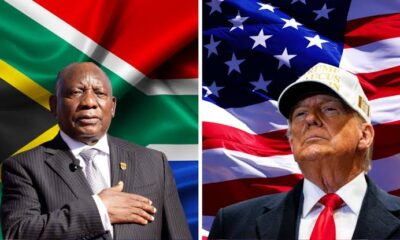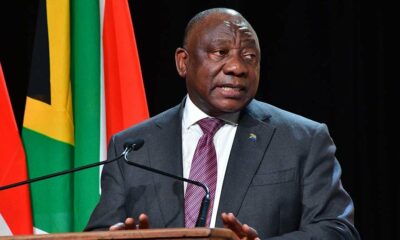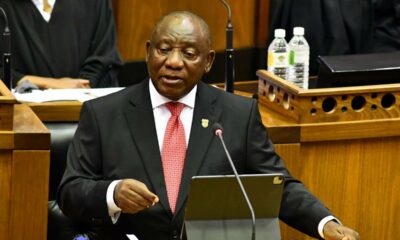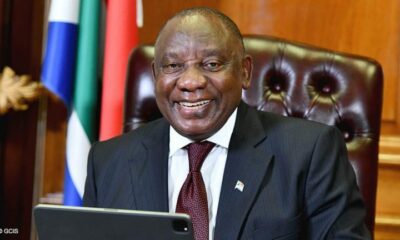Business
Trump’s Tariffs Threaten South Africa’s Fragile Economic Turnaround
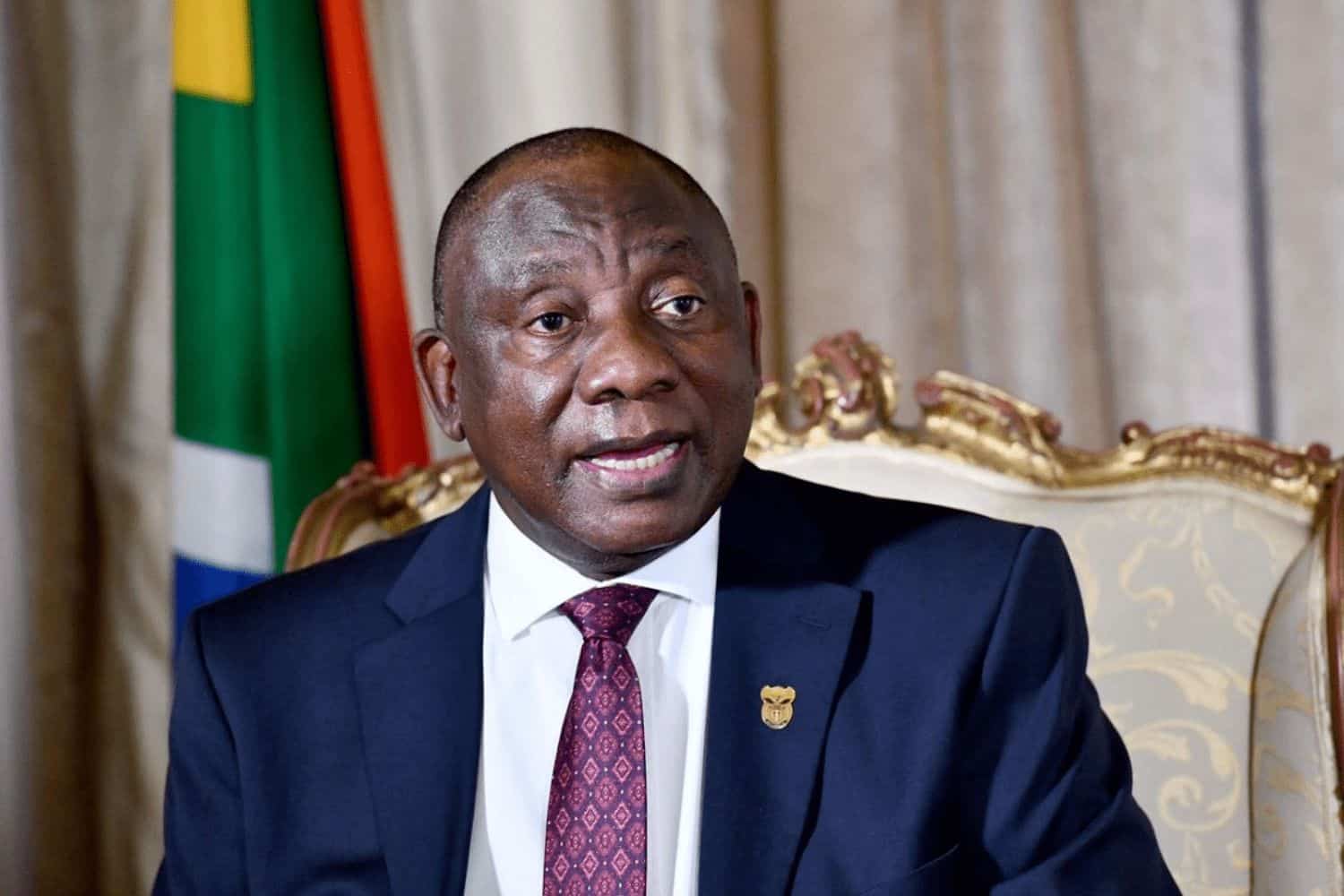
South Africa’s Recovery Just Got Slammed by Trump’s 30% Tariff
Nedbank: Hope for second-half growth now hangs in the balance
A Fragile Recovery, Derailed by Washington
Just when it looked like South Africa might be able to claw its way out of a sluggish economic start to 2025, Donald Trump’s 30% tariff announcement dropped like a sledgehammer on any fragile hopes of a rebound.
Despite avoiding a technical recession in Q1 with 0.1% GDP growth, the economy has been crawling along at best. And now, one of the country’s most vital trade partners has slammed the brakes on with a trade barrier that could cost billions.
According to Nedbank’s latest economic update, the move is likely to derail the anticipated recovery in Q3, especially if no resolution is reached before the 1 August tariff deadline.
GNU Tensions, Infrastructure Failures, and Now This
Even before Trump’s tariff hammer, South Africa was already under strain: weak mining and manufacturing output, ongoing water and electricity crises, and destructive flooding across provinces have all kept growth in check.
Confidence, both consumer and business has been shaky. The political instability in the Government of National Unity (GNU) hasn’t helped, with public spats, ministerial firings, and coalition friction all playing out under the media spotlight.
Layer in a US trade war, and the picture looks bleaker. Nedbank economists initially pinned their hopes on real income growth, lower interest rates, and increased government spending to support a turnaround in the second half of the year. But those projections now come with a big asterisk.
US Tariffs: The Biggest External Risk Yet
Trump’s tariff announcement on 7 July, shared both in a formal letter to President Cyril Ramaphosa and, of course, on Truth Social, confirmed that all South African goods would face a blanket 30% import duty into the US.
Although Ramaphosa’s office quickly labelled the move “unilateral” and based on flawed trade data, time is running out to negotiate a reprieve before the 1 August deadline.
And with AGOA’s renewal still uncertain, South Africa now faces a possible double blow to its trade relationship with the United States.
The Silver Linings (and the Caveats)
Nedbank does point out that there’s some positive momentum bubbling under the surface. Consumer spending is recovering thanks to subdued inflation, real income growth, and the possibility of a July interest rate cut.
They also highlight potential boosts from government capital expenditure and resilient household demand.
But the risks especially the external ones continue to pile up. If commodity prices remain weak, or if global demand slows, the country’s export-heavy sectors may falter. Add the possibility of a GNU breakup or a return to severe Eskom and Transnet disruptions, and that silver lining may quickly fade.
Rand Outlook: Holding Steady, for Now
Interestingly, the rand has held its ground, even gaining in recent weeks. Nedbank attributes this to the weaker US dollar, which has been dampened by Trump’s fiscal populism and trade brinkmanship.
However, the bank warns that if SA is treated more harshly than other countries facing reciprocal US tariffs, or if the global mood shifts to risk-off, the rand could fall sharply.
What’s Next for Rates and Recovery?
Nedbank is still forecasting 1% GDP growth for 2025, in line with many economists’ expectations. They also see a possible 25 basis point cut in interest rates this month, which could help cushion the blow of the US tariffs.
But beyond that, uncertainty looms. If the US Federal Reserve cuts rates more aggressively in the months ahead, the South African Reserve Bank (SARB) might have space to follow suit. If not, SARB may be forced to hold or proceed with caution, especially to defend the currency and capital inflows.
The Clock Is Ticking
South Africa’s economic revival is not dead, but it just got a lot more complicated.
With only weeks to go before Trump’s tariffs take effect, the pressure is on the Ramaphosa administration to fast-track negotiations, diversify trade partners, and steady the GNU to avoid further erosion of investor confidence.
The message from Nedbank and other economists is clear: the rest of 2025 hinges on how well the country manages this crisis and how quickly it adapts to a changing global order.
{Source: BusinessTech}
Follow Joburg ETC on Facebook, Twitter , TikTok and Instagram
For more News in Johannesburg, visit joburgetc.com



